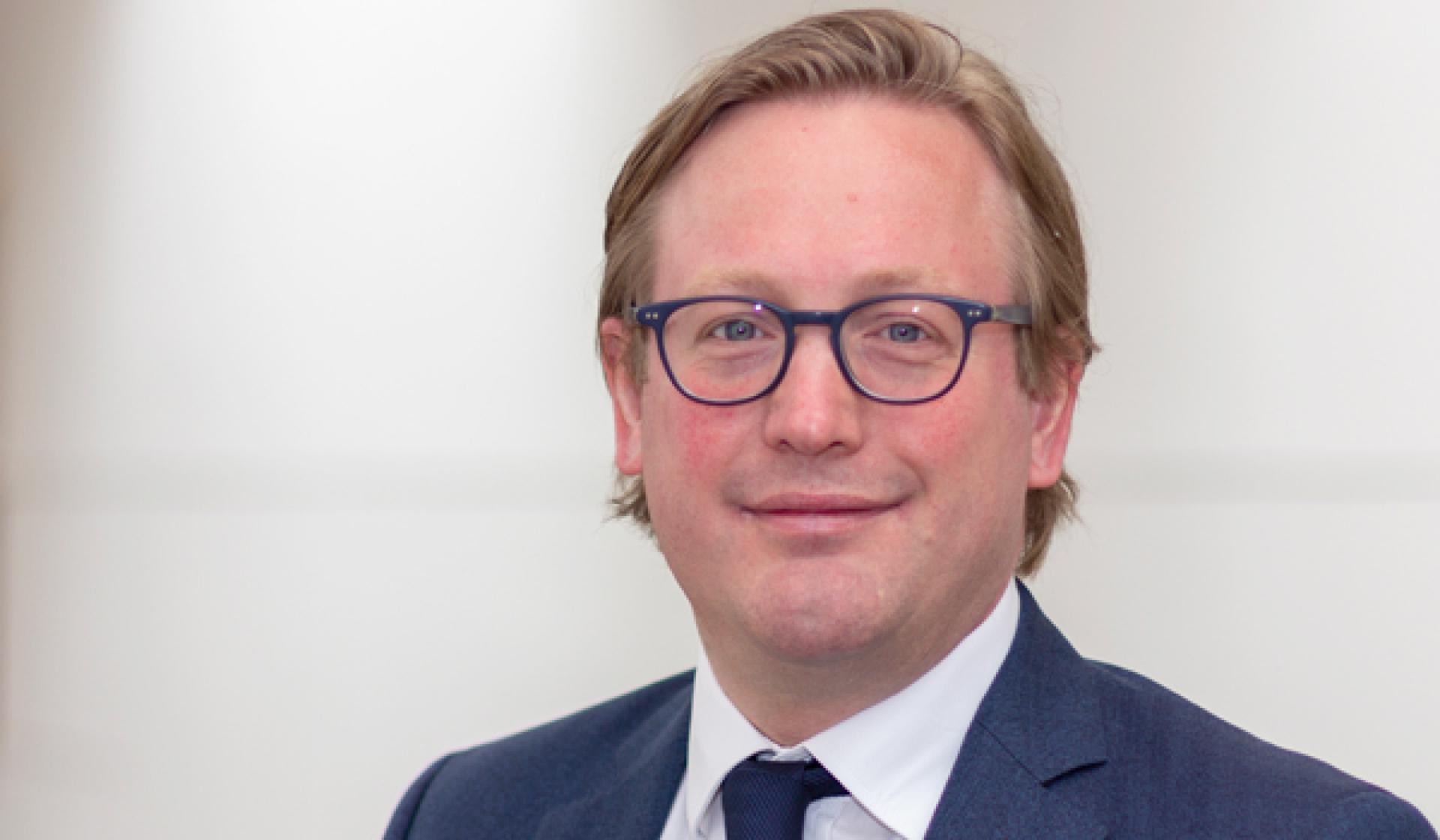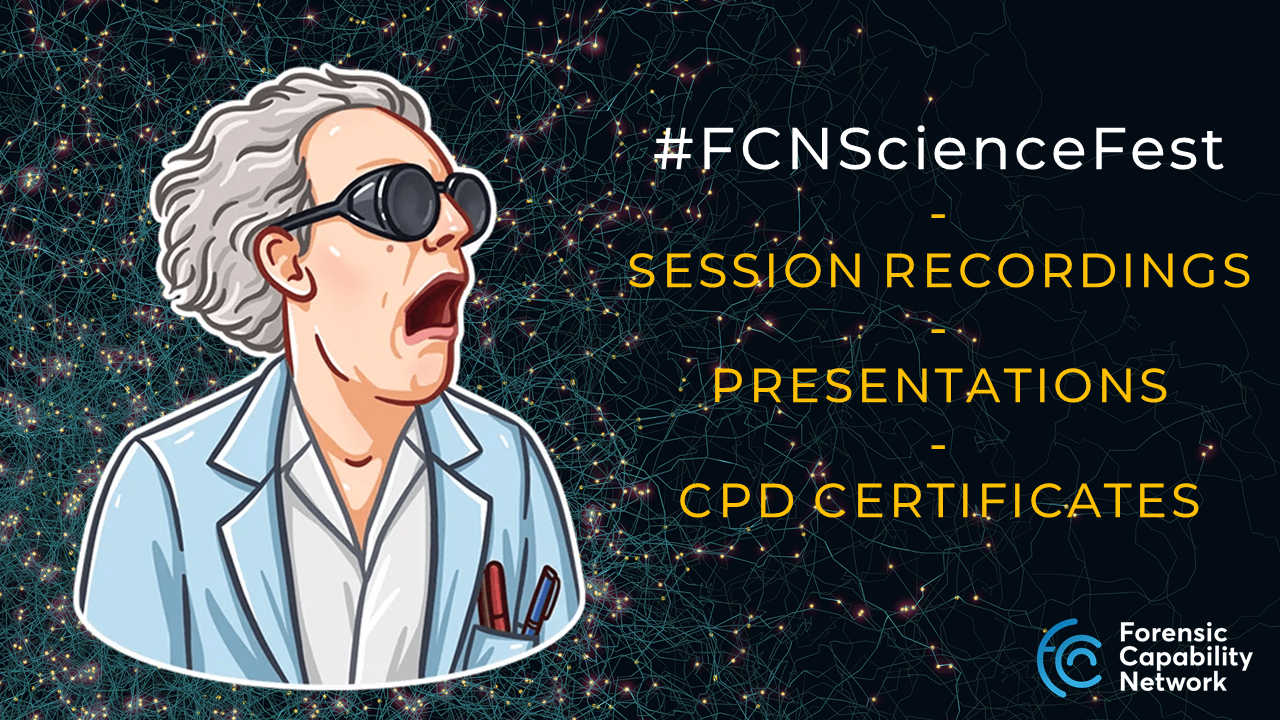22nd August 2025

My job as Policing Chief Scientific Advisor is to help forces harness the power of science. To find, nurture, deliver and refine innovations that improve the experience of officers and their ability to serve the public. Of all these tasks, the most challenging is the journey from abstract possibility to on-the-ground reality. It’s easy to grasp the possibilities that new technologies could offer. Harder is leveraging that opportunity into practice. It requires a science process—often a protracted, effortful process - that matures ‘new’ into ‘usable.’
One example is the maturing technology of 3D printing. Have we fully explored the best ways to use it as a tool for presenting evidence? Can the ability to handle a piece of evidence change the way a jury reacts in ways we don’t expect? Does the colour of the printed object have a bearing on the way it’s perceived? Another example, until recently seen as a vision of the future, is the human jetsuit that allows for rapid, agile officer movement. Of course, there are many questions to be answered about how, and if, the jetsuit technology could be deployed in the messy world of frontline policing.
We can think of the science process as involving four stages:
Our job as a community is to make the journey across the stages as smooth as possible. Several things help. One is close engagement with problem owners. Without a clearly defined challenge, it is hard to traverse the stages. This makes science everybody’s business because everyone in policing has a problem that science could fix.
A second is to recognise that different constituents of our community—widely understood to include all those who support policing—excel at different stages of the journey. Academia thrives on basic and exploratory research. Industry is unsurpassed at moving research into solution. We must work with them all to traverse the stages efficiently.
A third is to recognise that the skipping of stages is unlikely to bear fruit in the long run. Identifying some basic research and viewing it as an implementable solution seldom goes well. This can frustrate those who need a result yesterday. But it is, unfortunately, a reality and its incumbent on us all not to over promise.
Critical to all three ‘helps’ is communication between the world of academic research and frontline forensic staff. I was thus delighted to open the FCN’s recent science conference, which brought frontline forensic staff and academic researchers together for frank conversations about one another’s work. Congratulations to the FCN staff, especially Carolyn Lovell, for bringing everyone together. I’d also like to highlight the opportunities presented by the various FCN research groups. The best way for us to achieve better criminal justice outcomes is to keep talking to each other, highlighting problems, working on solutions and collaborating—at whatever stage of the process interests you.
